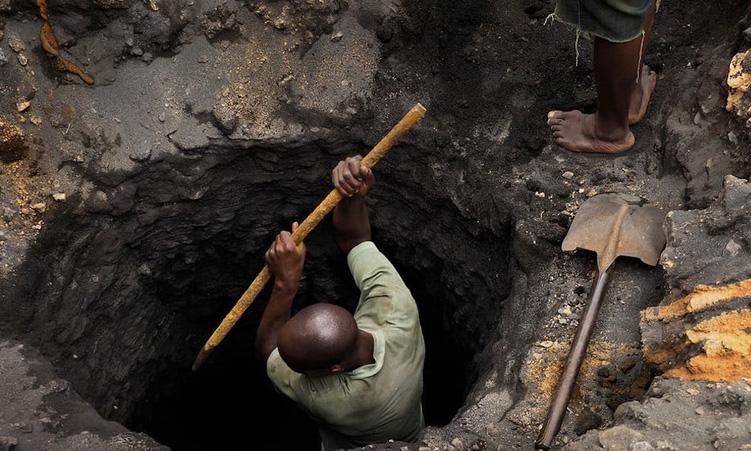NAMIBIA has continued its climb up the international competitiveness ladder for the third year in a row, with its strong infrastructure and institutions pushing the country up six more notches on the World Economic Forum’s (WEF) latest Global Competitiveness Index (GCI) released yesterday.
According to the GCI, Namibia is now the 74th most competitive country out of 133 worldwide.Last year, it held the 80th spot out of 134 countries. In 2007, it was ranked 89th out of 131.Namibia scored an overall total of four out of a possible seven this year.Counting in its favour were factors like property rights, judicial independence, efficiency of the legal framework, ethical behaviour of firms, strength of auditing and reporting standards, as well as the protection of the interests of minority shareholders. All of these were taken into consideration in the evaluation of institutions, the first pillar on which the index is based, and Namibia scored 4,8 overall. For institutions, Namibia is subsequently ranked 37th in the world.The quality of infrastructure, especially roads, railways and ports, placed Namibia among the top 32 countries in the world as far as infrastructure, the second pillar, is concerned. The country scored 4,8 in this category.The sophistication of domestic financial markets was also rated highly, with Namibia achieving 4,7 and ranked 31st.Unfortunately, this is about as good as it gets.Closer scrutiny of the GCI shows that Namibia is still stuck in the same rut of poor education and health systems, as well as a lack of skills, technological readiness and innovation that hamper the country’s ability to compete internationally.The GCI is compiled from 110 different indicators.Of these, 70 are competitiveness disadvantages, the WEF said.Only 40 enhance the country’s competitiveness.Namibia is rated among the bottom 30 countries with 49 of the indicators.In six of the cases, Namibia counts among the ten worst countries in the world.With two indicators, Namibia is regarded as one of the three most uncompetitive countries worldwide.The country’s hiring and firing practices place it 132nd on the GCI, while the incidence of tuberculosis ranks it 131st.Namibia particularly struggled to make its mark with the indicators for health and primary education (109th), higher education and training (110th), market size (113th) and innovation (103rd).The country’s performance places it the ‘efficiency-driven’ stage of development, the WEF said.This is a move up from the ‘factor-driven’ stage, but Namibia must still go through a transition phase before entering the final development stage, which is innovation-driven, the WEF said.jo-mare@namibian.com.na
Stay informed with The Namibian – your source for credible journalism. Get in-depth reporting and opinions for
only N$85 a month. Invest in journalism, invest in democracy –
Subscribe Now!










